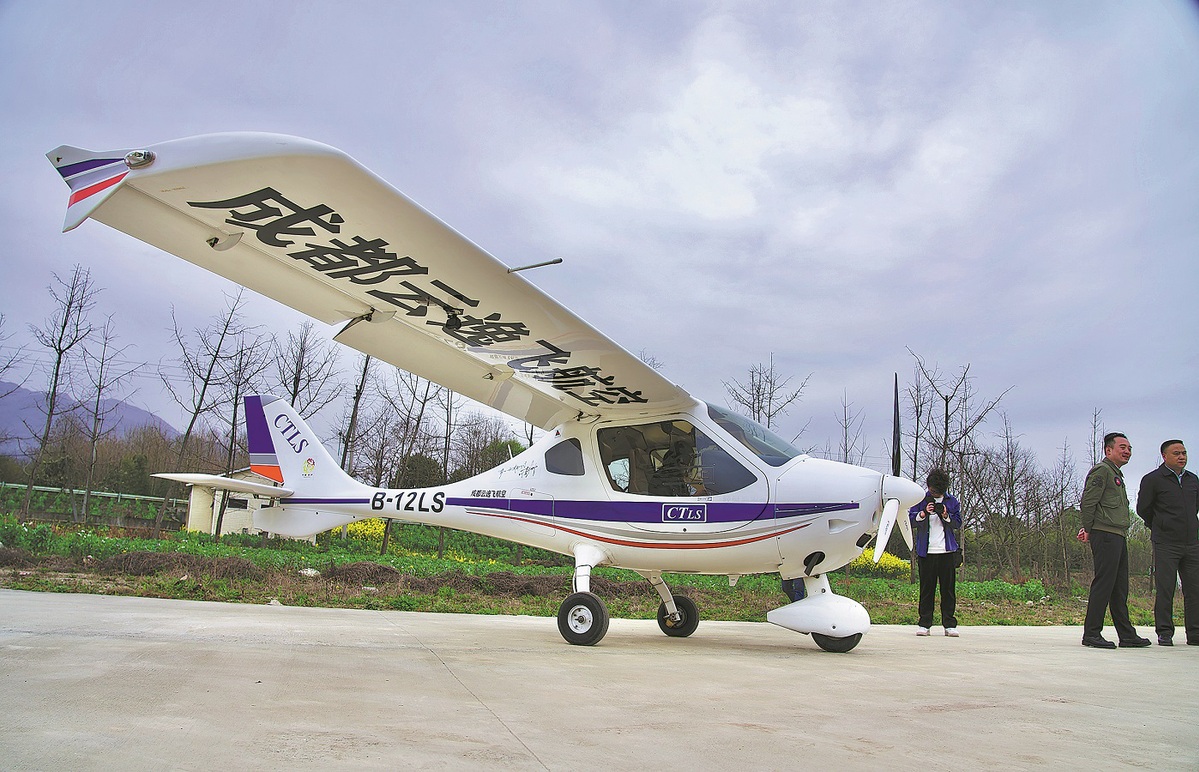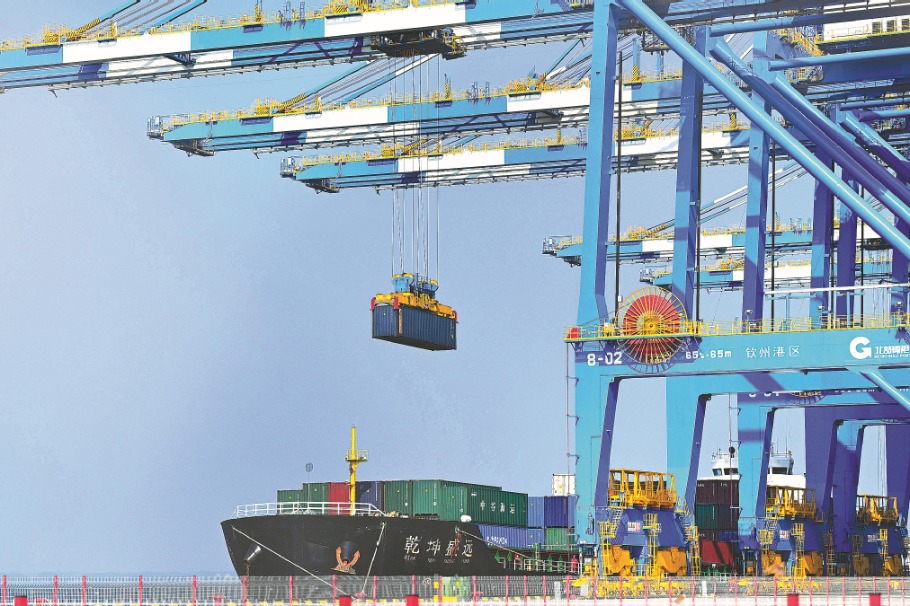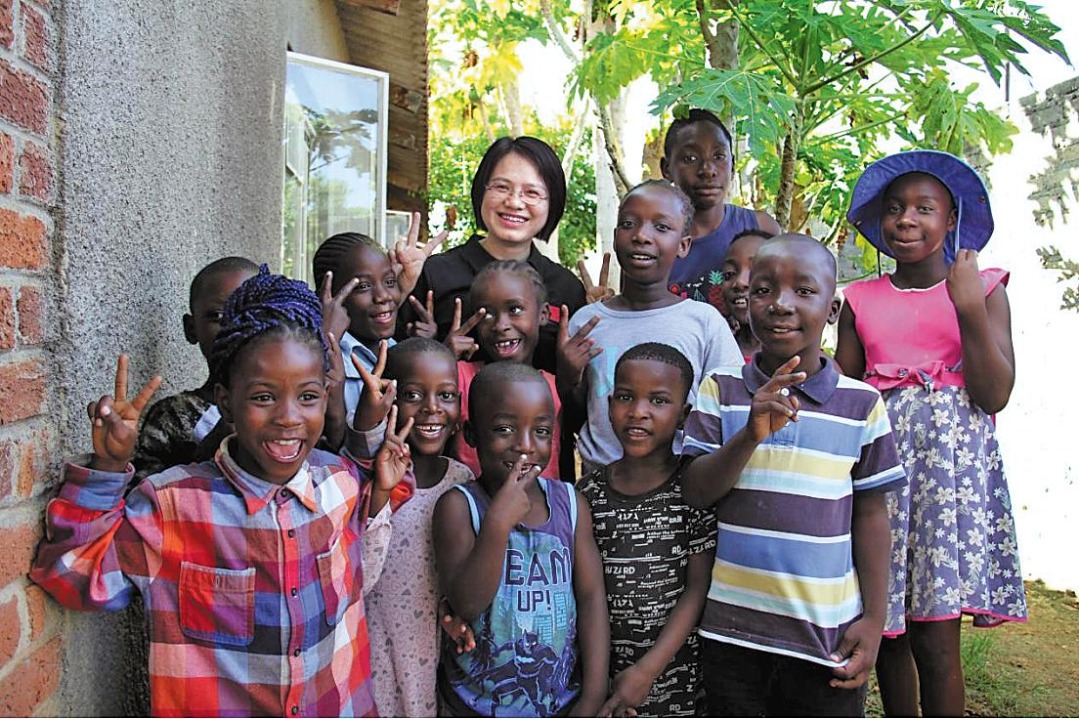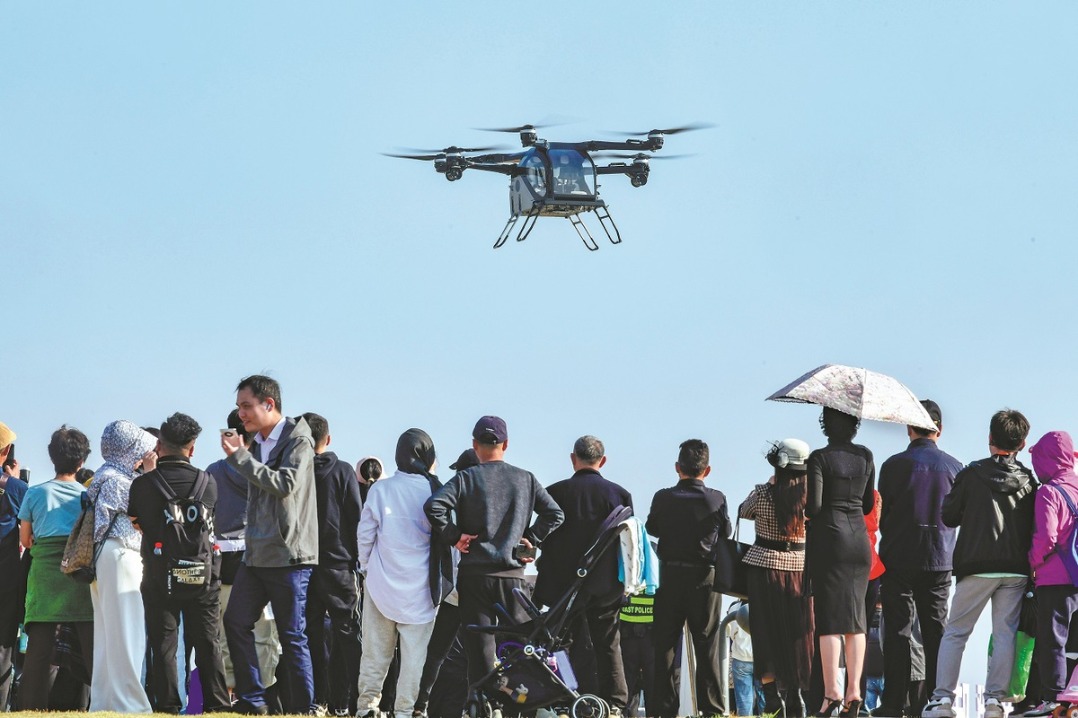Commercial flying cars gearing up for liftoff
Purchasing advanced vehicles a step closer, 'low-altitude economy' set for boost


Two camps
The global flying car industry is divided into two competing camps, each shaped by distinct industrial paradigms.
Companies like XPeng represent the "automotive approach", extending ground transportation expertise into the skies.
XPeng's Land Aircraft Carrier features a range-extending hybrid ground module and a fully electric flying module, which can also autonomously return to a charging station after separation.
This design addresses both parking and charging issues. However, it must overcome two certification hurdles: the flying module must meet aviation standards, while the ground module must comply with motor vehicle regulations.
Aviation-focused firms like Joby Aviation and EHang are dedicated to developing only flying vehicles.
In late March, EHang's EH216-S autonomous air vehicle won an operation certificate from the Civil Aviation Administration of China, focusing on sightseeing and medical transport.
While the prospects for flying cars are promising, they must also overcome significant commercialization hurdles.
XPeng's Land Aircraft Carrier is priced below 2 million yuan, making it cheaper than helicopters, but still far from mass-market affordability.
For flying cars to reach Uber's target of " $0.55 per seat-mile", annual production must reach the scale of 100,000 units — the same threshold Tesla electric vehicles crossed to achieve profitability.
To accelerate affordability, major industry players are exploring alternative business models.
Subscription-based services, similar to aircraft leasing models, may allow businesses and individuals to access flying cars without full ownership.
Companies like Volocopter and Archer Aviation are already partnering with ride-hailing services to test per-trip pricing models, which could reduce upfront costs for users.
Regulatory delays present another major obstacle, as there is no global standard for flying car certification.
The US Federal Aviation Administration classifies eVTOLs as "special category aircraft", with Joby Aviation taking four years to obtain approval; the European Aviation Safety Agency mandates compliance with both aircraft and automobile standards, increasing Lilium Jet's certification costs by 40 percent.























